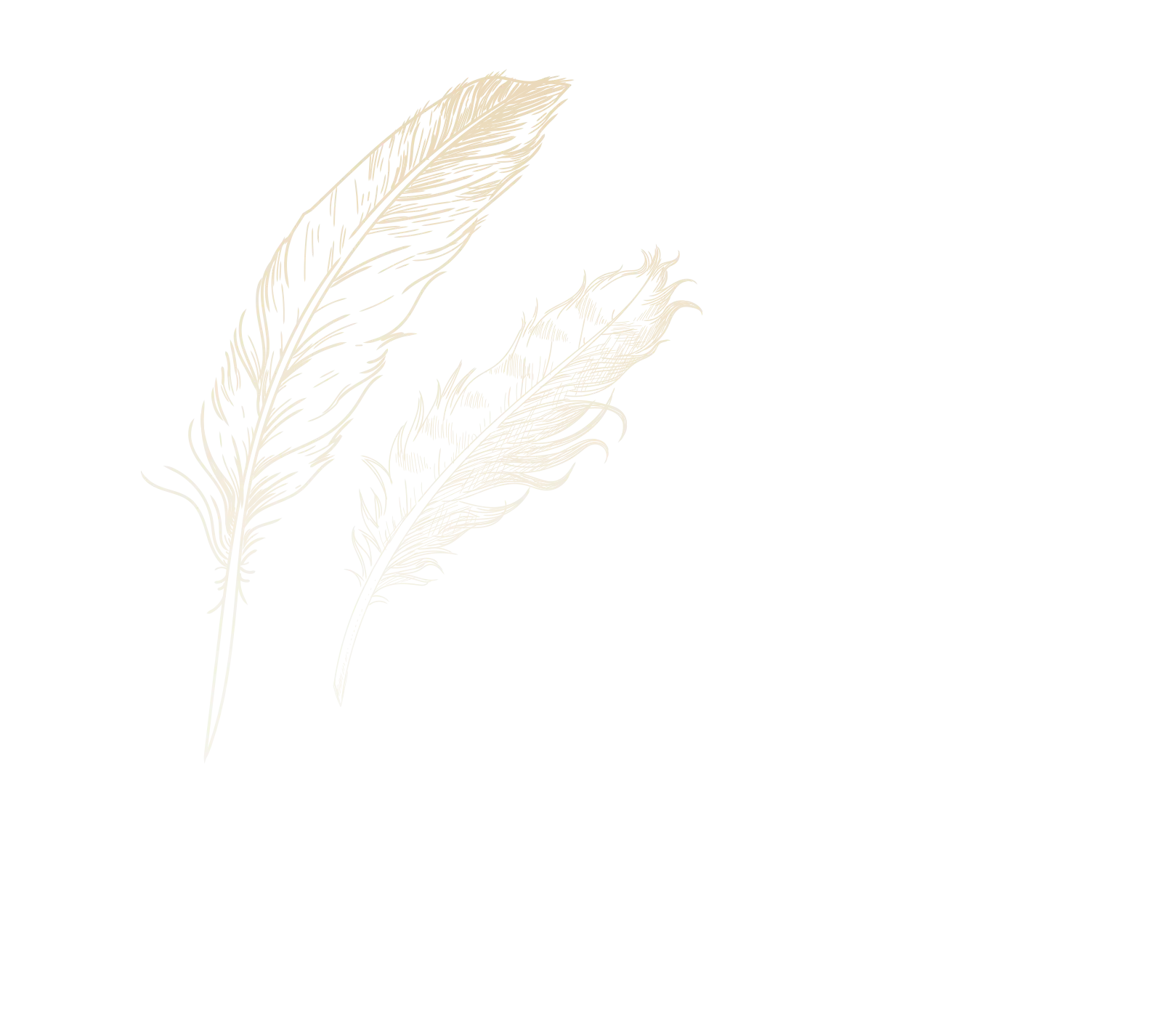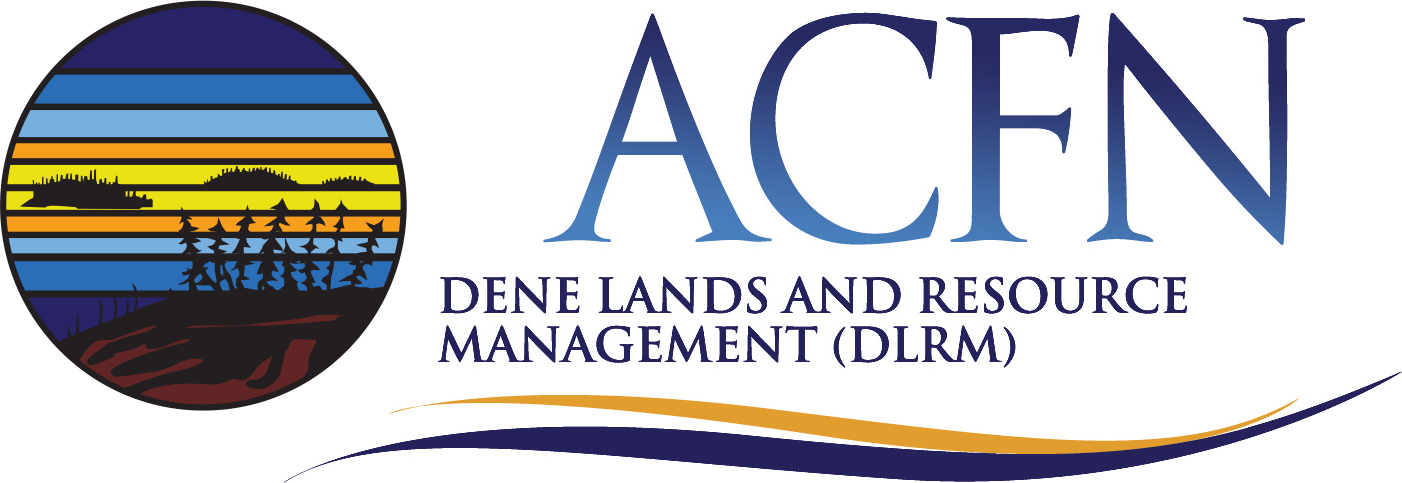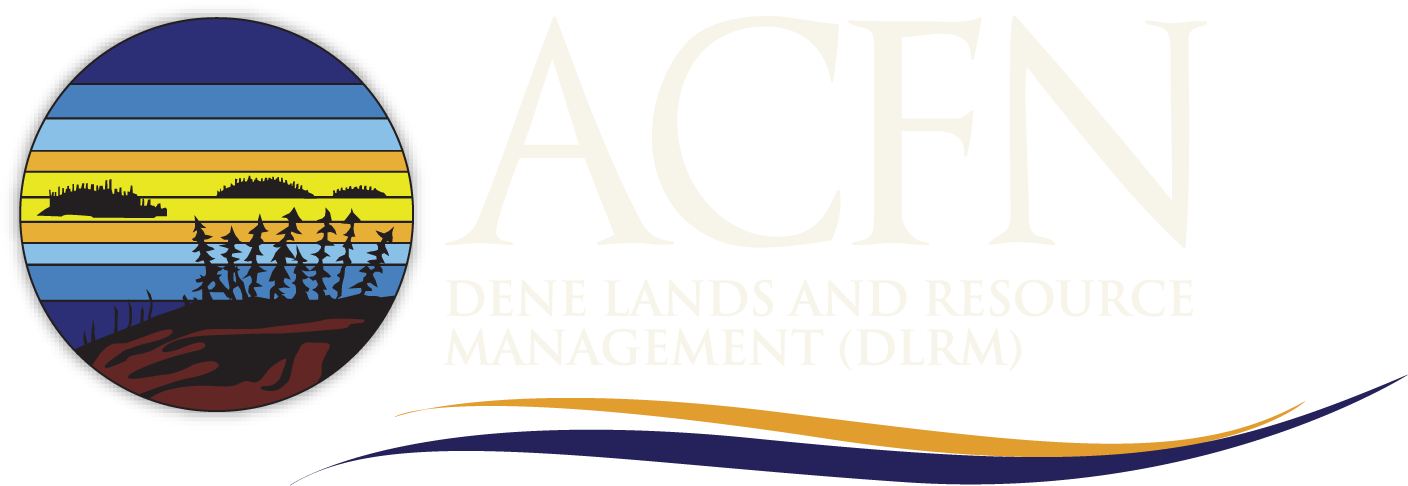
DLRM


ACFN’s Dené Lands and Resource Management (DLRM) was established to create capacity for the community in order to work with industry and government to assess the environmental impacts of industrial development on the ACFN territory.
Looking for the specifics on our consultation policy? Read more.
Our Vision
We are the ACFN K’ai Taile Dene. We are fiercely protective of our Treaty Rights, our traditional land, and our language for future generations.
Our Mission
We honour our ancestors’ traditional ways of being and knowing, and innovate new ways to protect and preserve our Language, our Land, and our Treaty Rights.
We invest in people, programs and infrastructure to empower our Members, strengthen and sustain our Nation, and to benefit our future generations.
FAQs
Our department oversees and manages activities on our Traditional and Reserve lands. We contribute to how applications are reviewed, advise on how government policies impact us and determine how our communities downstream from industry are affected.
We represent the sustainability of our ACFN Members and our Nation, upholding our Treaty and Aboriginal Rights, educating and holding industry and governments accountable to those rights.
Consultation is a must. The Government of Canada adopted the United Nations Declaration on the Rights of Indigenous People (UNDRIP), which requires that First Nations be consulted on how any and all projects could impact them. DLRM was initiated and formed with the support of industry and government; both recognized that First Nations did not have the capacity to review industry applications or understand government policies and frameworks. The DLRM supports and implements this consultation process. We interview our members, learn about how we are using the lands and identify the potential impacts from projects.
Through DLRM, ACFN now contributes to how industry applications are processed and is vocal on project impacts. If we do enter into impact benefit agreements with industry, we specify how projects operate and how they manage and monitor our Traditional Lands. We set up numerous committees to review and monitor industries operations on a project-by-project basis, representing the best interests of our Members and Nation
ACFN DLRM has developed a document called the Water Quality Criteria for Indigenous Use (WQCIU), which contains sediment and surface water quality criteria to protect Indigenous water use. This document can be used by industry, Indigenous communities, government and regulatory agencies to assess possible changes in conditions of surface water and sediment conditions and potential health risk to human and ecological receptors from the releases of contaminants of concerns from oilsands surface mining (and other industrial development) to the Athabasca River, Athabasca Delta and Lake Athabasca.
The Lands and Rights program is comprised of several sections, the largest being the Community-Based Monitoring Program (CBM) and Traditional Lands and Resource Management Plan (TLRMP).
The CBM team protects our Traditional Lands and supports our Nation’s cultural way of life. They patrol our land and report back to leadership. The TLRMP team works to exercise our constitutionally protected rights, advising on the land and resources needed to maintain healthy harvesting areas and spiritual and cultural practices.
The Regulatory and Industry Relations team works with industry to review project applications and existing project processes to identify developmental impacts related to ACFN. The team meets with industry regularly and ensures that ACFN Elders and Members are included and informed. Our team’s objective is to continually push for stronger mitigation of impacts on our lands, water and animals and, ultimately, on ACFN members’ traditional Treaty Rights.
The Government Relations team works with all levels of government to protect and uphold ACFN’s Treaty Rights. We do this through direct negotiation, applying political pressure through public relations campaigns and cooperating with other Nations to protect our interests.

